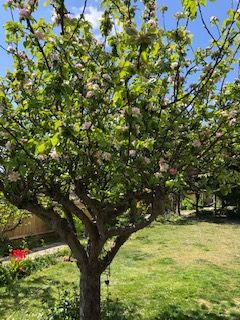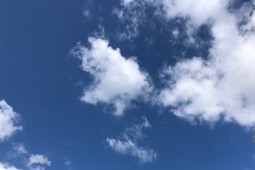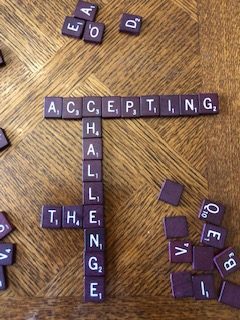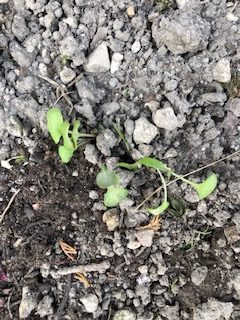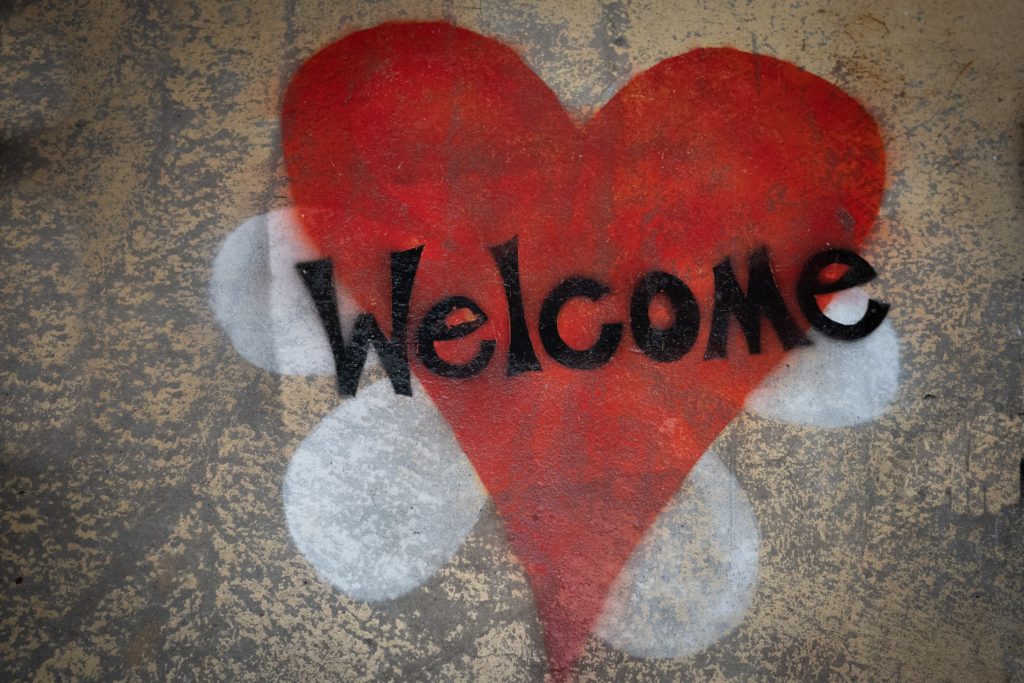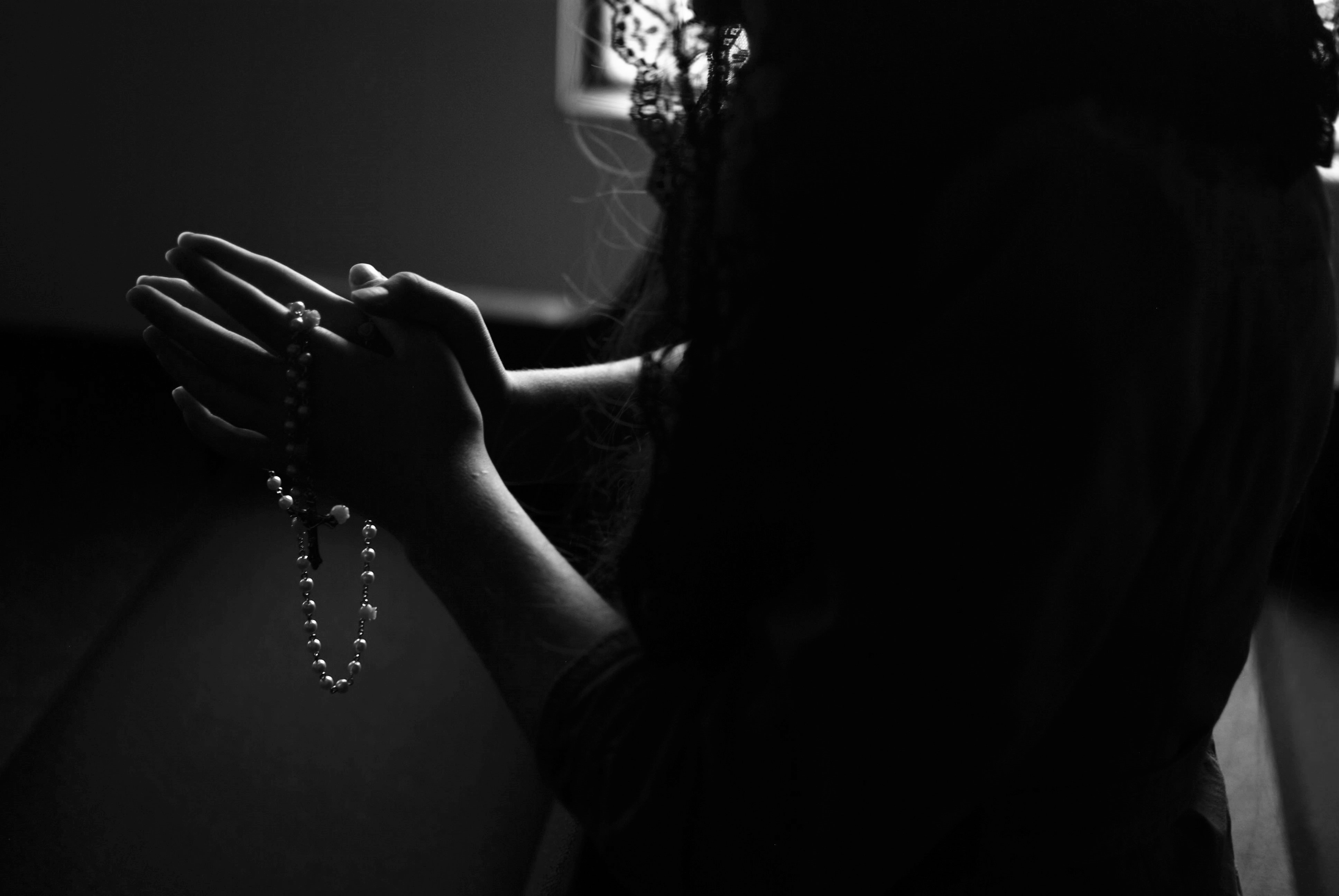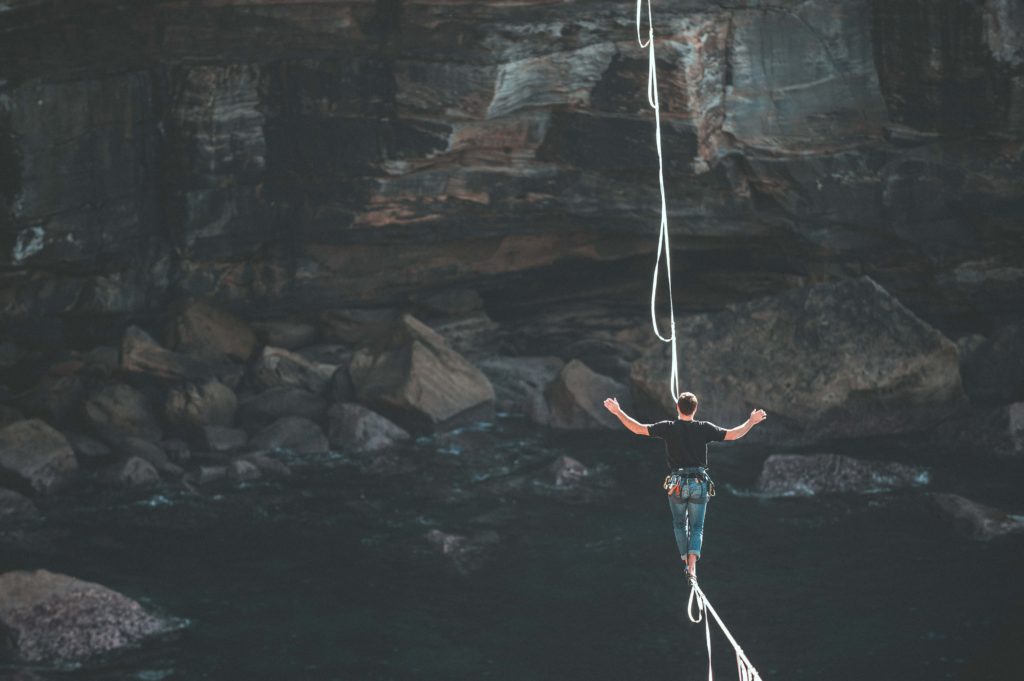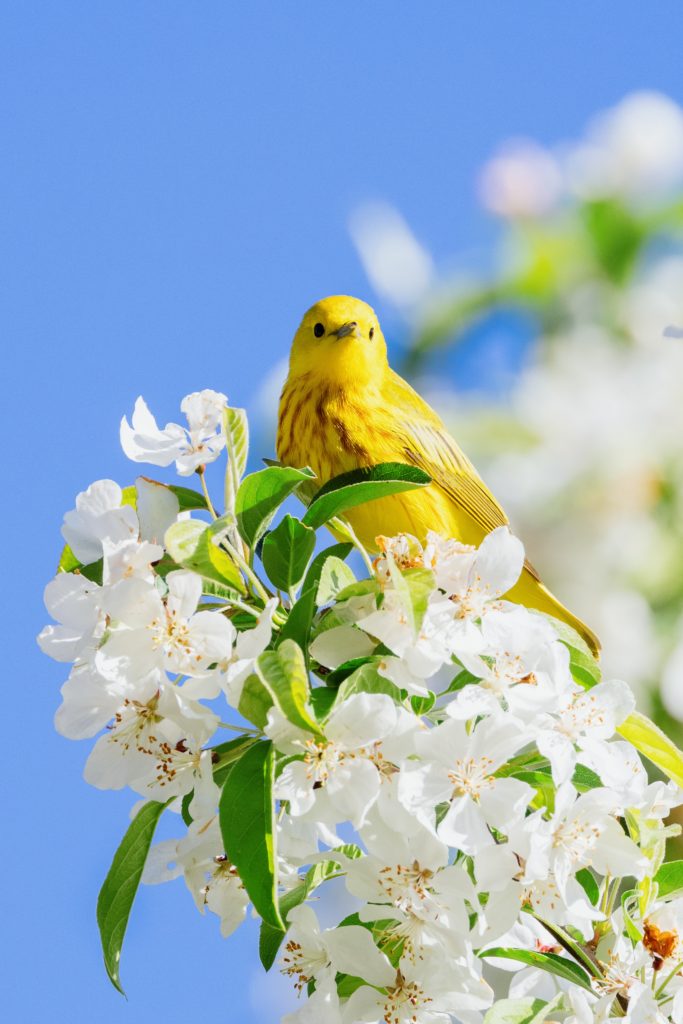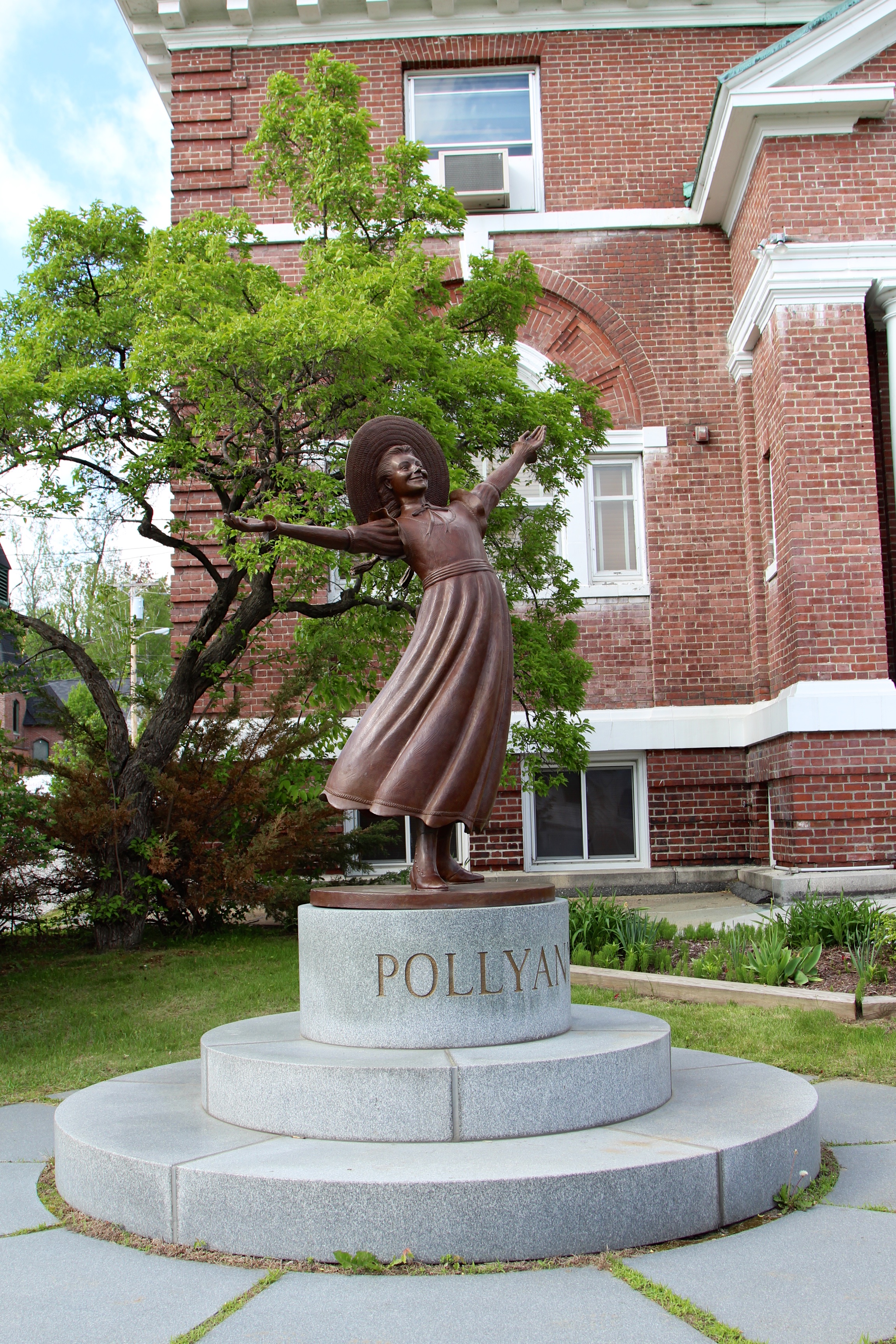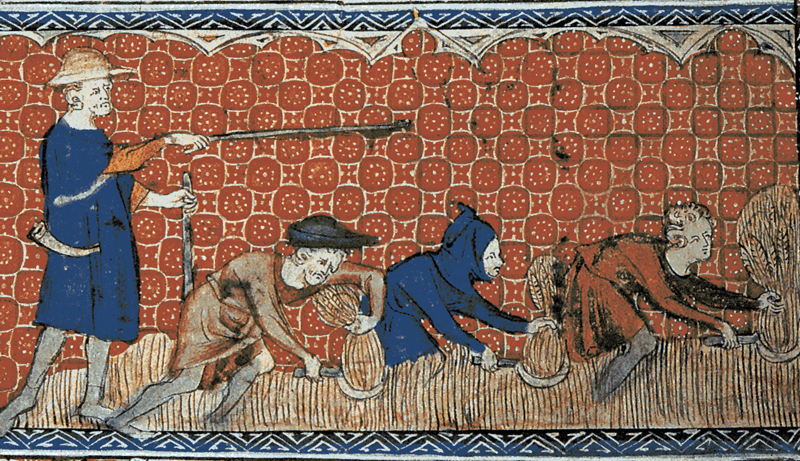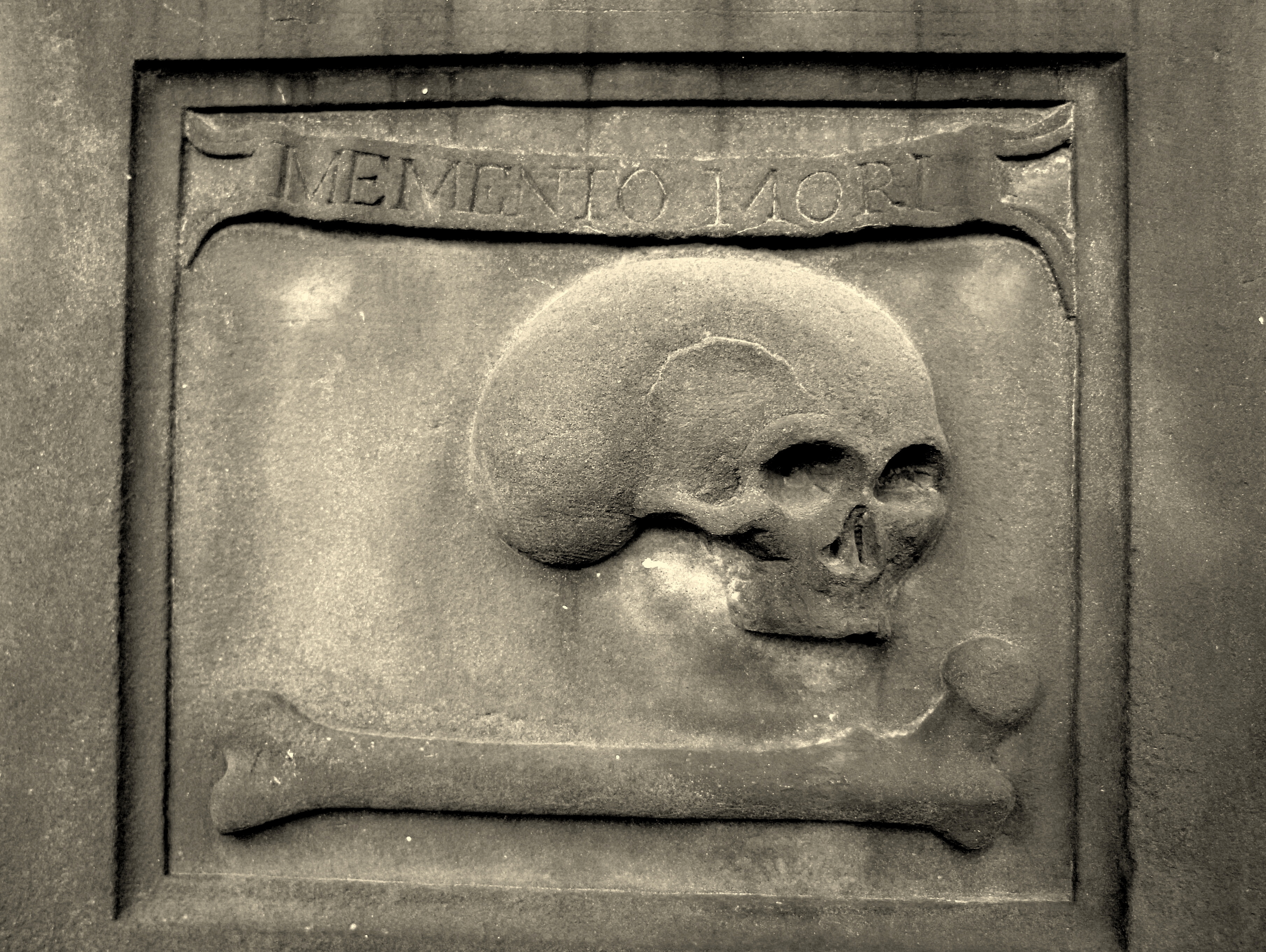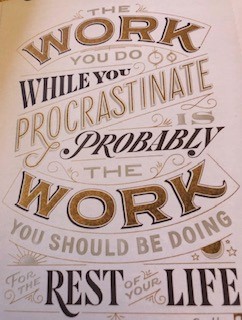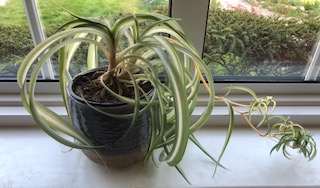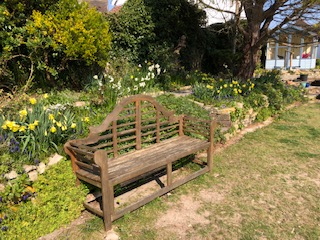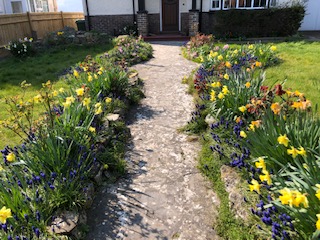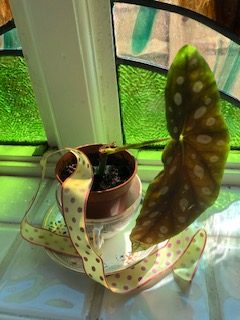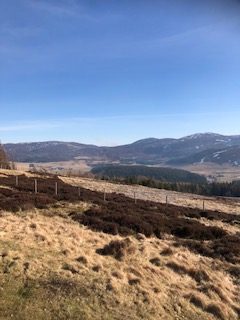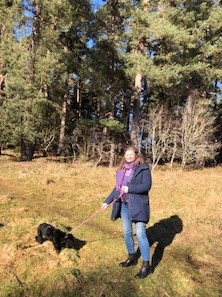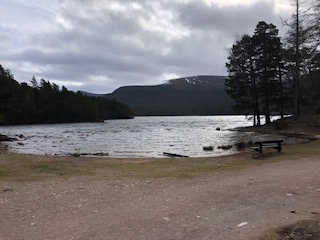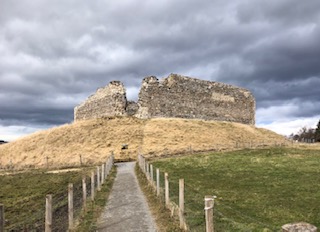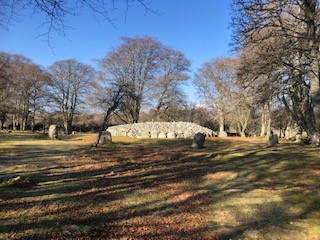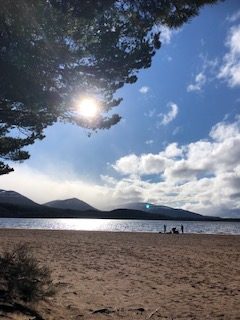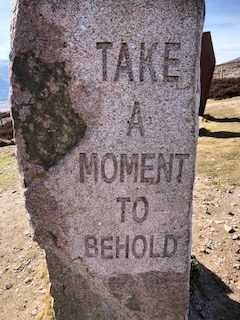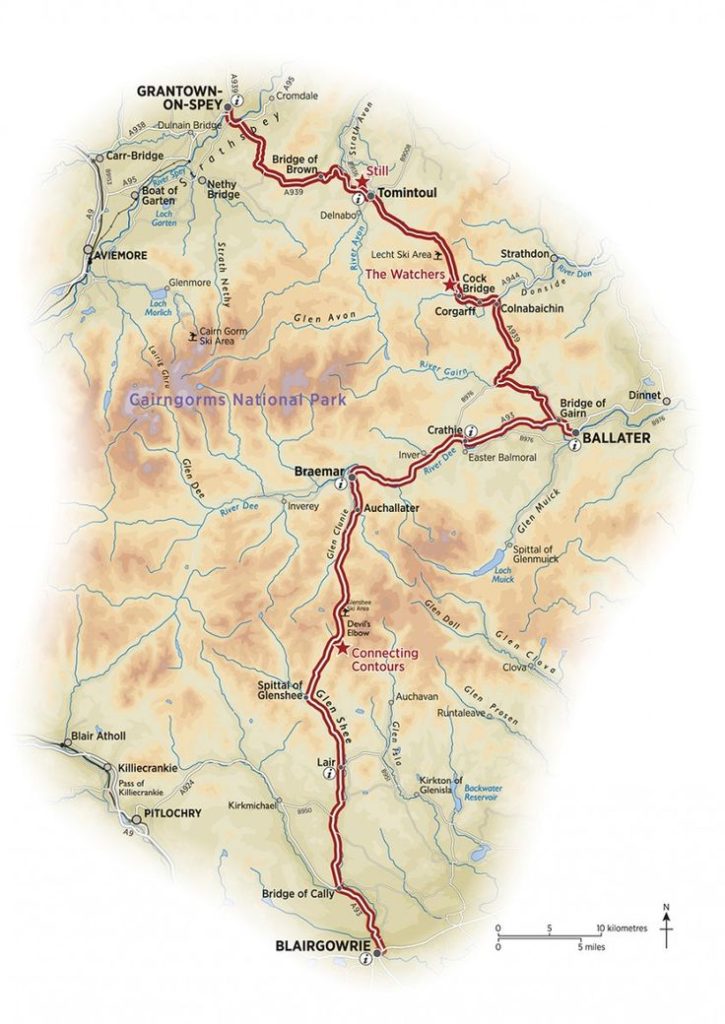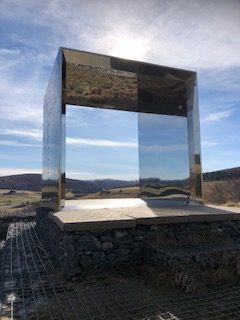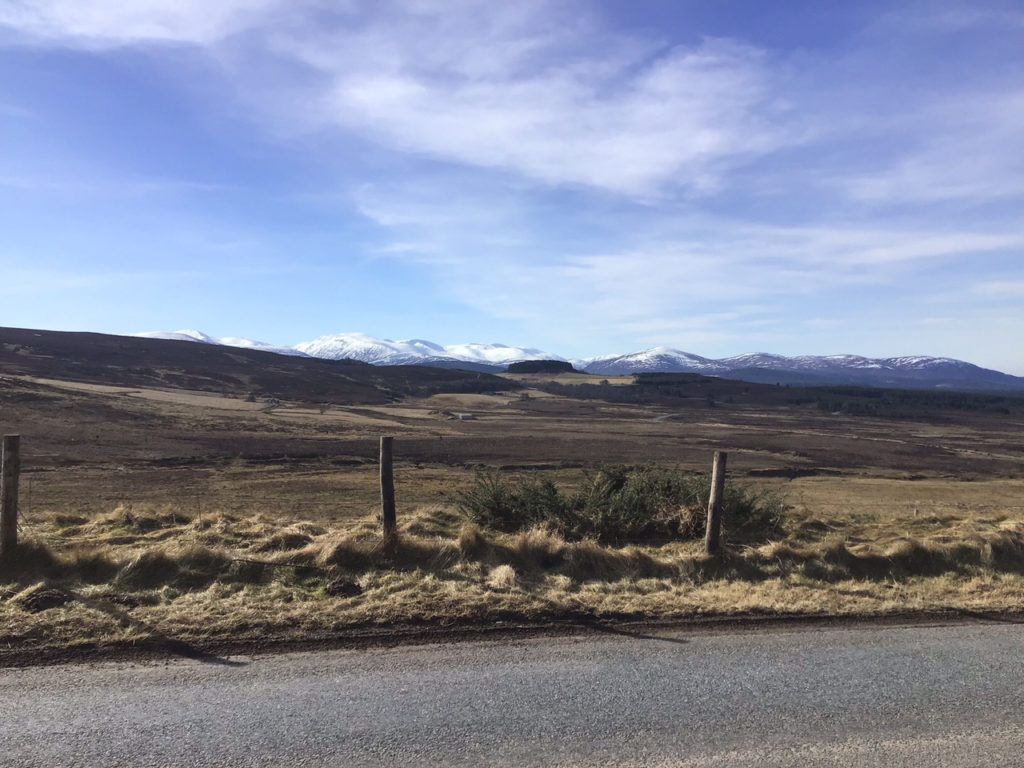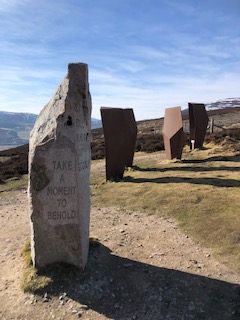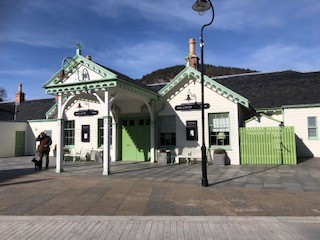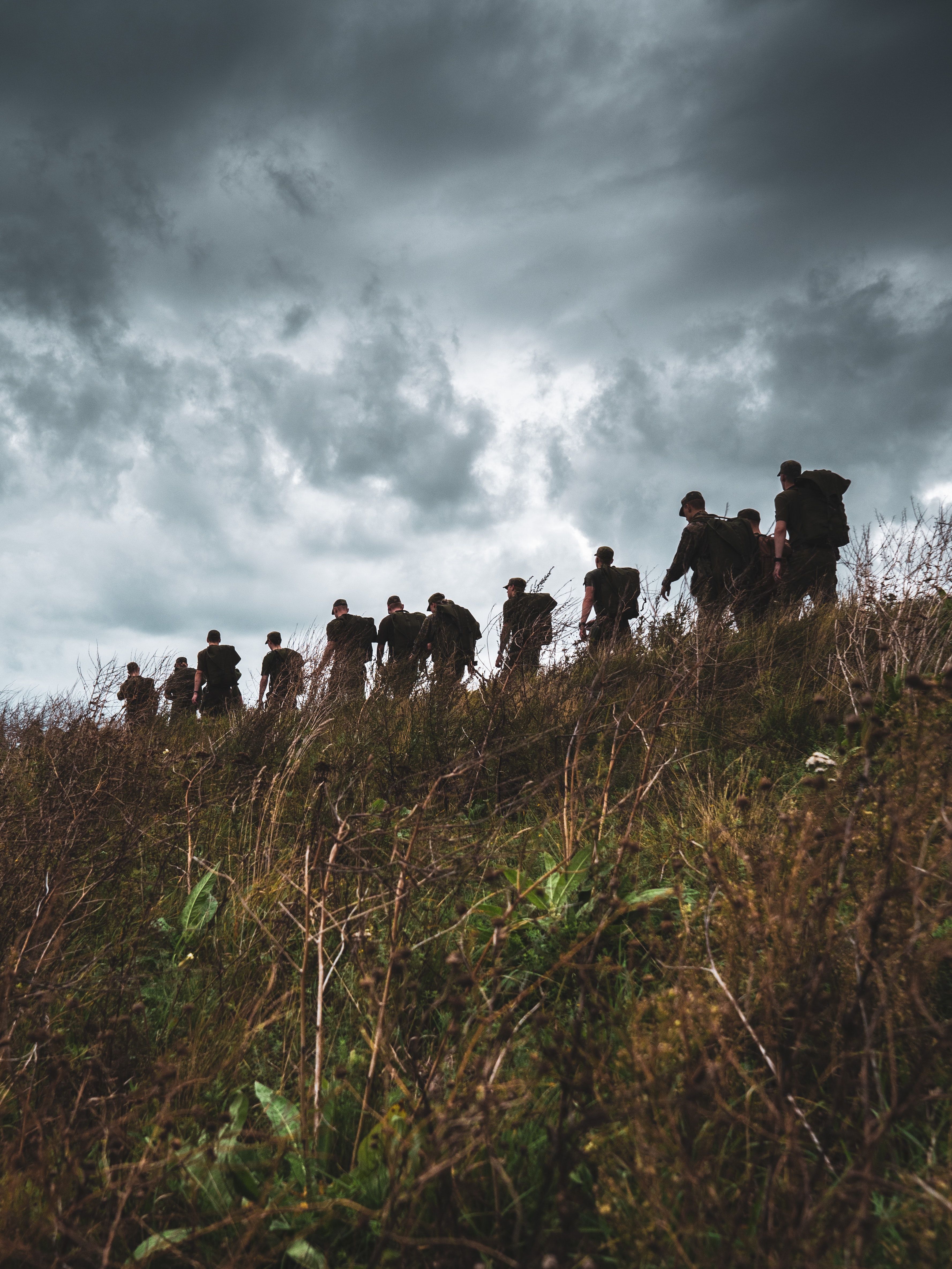Tempting though it may be to sink into the comfortable predictability of late middle age, that is definitely not for me. Life has always seemed too short to satisfy my rather boundless curiosity and now, of course, it is shorter still. So, when reading a fabulous arts magazine I came across the fourth reference to a book I have been meaning to acquire for decades, I took the universe’s hint, logged into eBay and bought it.
Some of you will already be familiar with this seminal work. The Artist’s Way was published in the early 1990s and is a standard text for all those wanting to pursue a creative path. Perhaps the title put me off (I’m certainly no artist) but it is written by a writer for all artists -whether working in the visual or literary spheres. It is equally applicable to anyone wanting to live more creatively whether they produce anything or not. If I had known quite what I was letting myself in for, I may have opted to purchase a novel instead, but now I have begun this new journey, I will have to finish it.
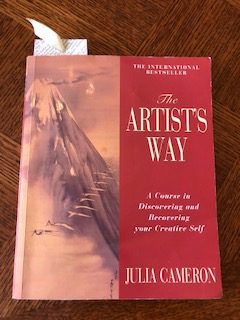
I am reaching the end of the first week and have completed all the assignments to date – yes, this is not a book to read but to work from. The primary assignment that continues throughout (and which most readers continue well after the final page in the book is closed) is a three page freewriting exercise. Sadly, the only empty notebook I had was an A4 Pukka pad.
Facing the blank page
Each morning I must fill these pages with whatever thoughts enter my mind without editing or reviewing. (I’m not allowed to read these pages for a further seven weeks.) It’s not exactly a diary, but more a stream of consciousness. Throughout my teaching career, I have taught students to use free-writing to discover ideas and solve puzzles. It is a technique I often employ myself, but doing it every day and to such a length (about 750 words) is another matter entirely. A full 45 minutes to an hour must be found in addition to that for meditation and yoga. (My early mornings are getting seriously busy!)

Confronting the blank page is, as always, a challenge. Yet, with the tight time constraints of my morning, I certainly can’t doodle or arrange paper clips as I might if more time were available. And what exactly do I have to say?
The answer is: a surprising amount. No sooner has my pen touched the page than I am off. Sometimes happily rambling, other times problem solving and occasionally coming up with a line or metaphor that I rather like. Since no-one is going to read it but me, I am free to do exactly what I please and this liberation alone is exhilarating. And once the three pages are complete, it’s time for the next exercise. These are all short, witty and often illuminating. I certainly enjoyed writing an imaginary letter to thank my wonderful English teacher who instilled me with a life-long love of literature and language. (I also rather relished the somewhat rude one I wrote to a domineering drama teacher who snuffed the tiny flicker of confidence I had in the performing arts.)
Facing your demons
Writing in this way has often been used for therapy. Expressing our thoughts and emotions freely in this form can be extremely liberating and clarifying. It is also a fabulous way to put events into perspective. When we see it written down, a huge and threatening fear becomes diminished by its representation through small marks on a page.
And fear is the greatest enemy for anyone wishing to be creative. Will it be good enough? Will it be appreciated? Will I be shamed for my efforts? All artists face these fears and having produced a masterpiece does not exempt you from them. I often think the successful artist has the toughest challenge in this regard. They are expected to be brilliant all the time. The rest of us are happy if one or two people say that they like it.
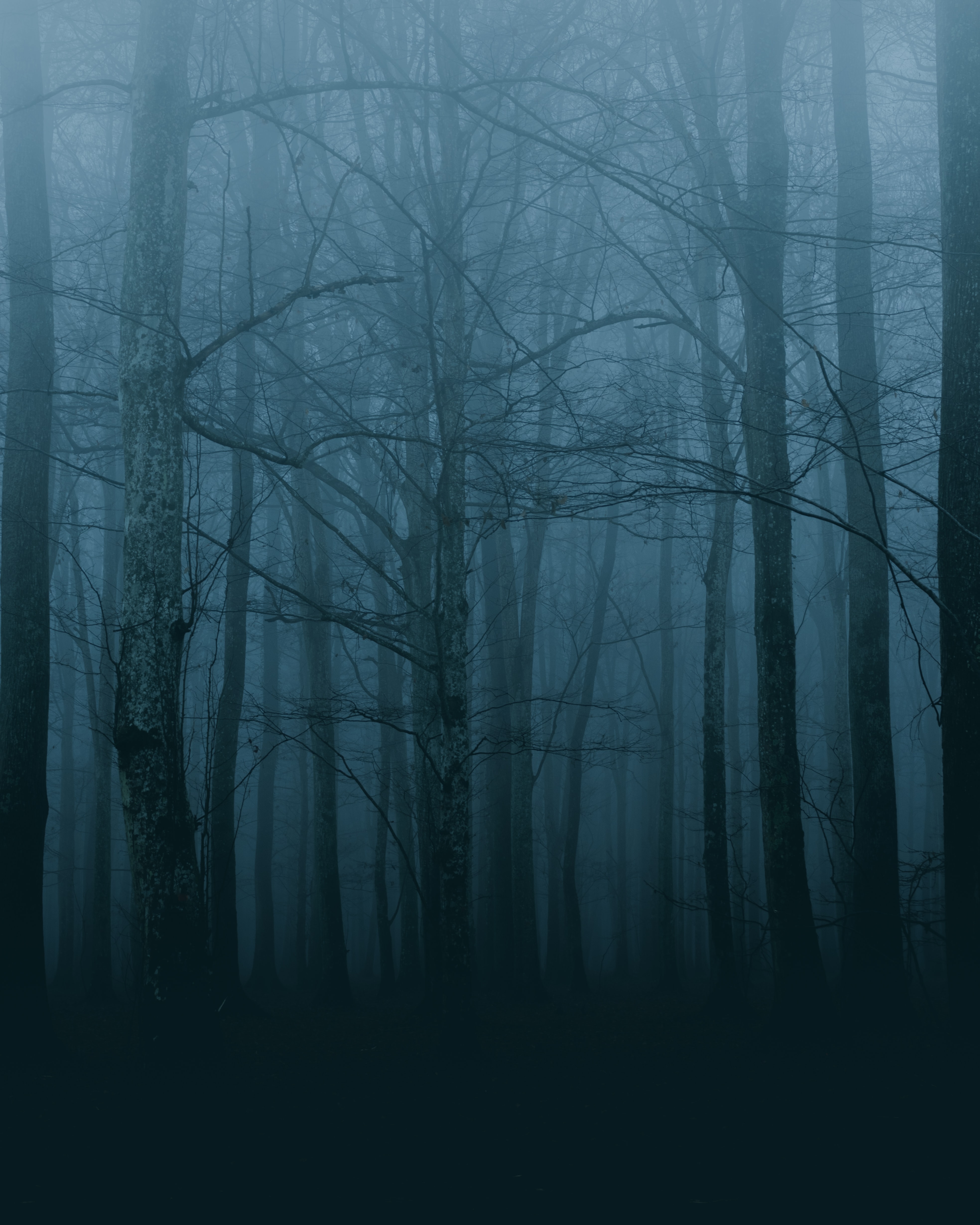
A habit of writing – regularly and without criticism – is the best antidote to this. Writing becomes natural, subject to errors but also to revelation. So many of us do not write, even to dear friends, because they are frightened their writing will not be good enough. We are not aiming for publication, only communication, and whatever we say from our hearts will be perfect.
Artist date
The second regular exercise is what she terms the artist date. For two hours a week, you set aside time to pursue something that will satisfy your creative cravings. Perhaps you will go to a museum, buy art supplies, or take the time to make something. By setting this time aside in the diary, it elevates a vague desire into a definite commitment. This week, with my two hours on a quiet day ‘booked in’, I finally got around to a simple sewing project that had been rattling about in my head for ages. Amazingly, it was successful and I hope to be able to replicate this success in future projects.
If you were able to allocate two hours in a week (and I would hope everyone has at least that much time) where would your creativity take you?
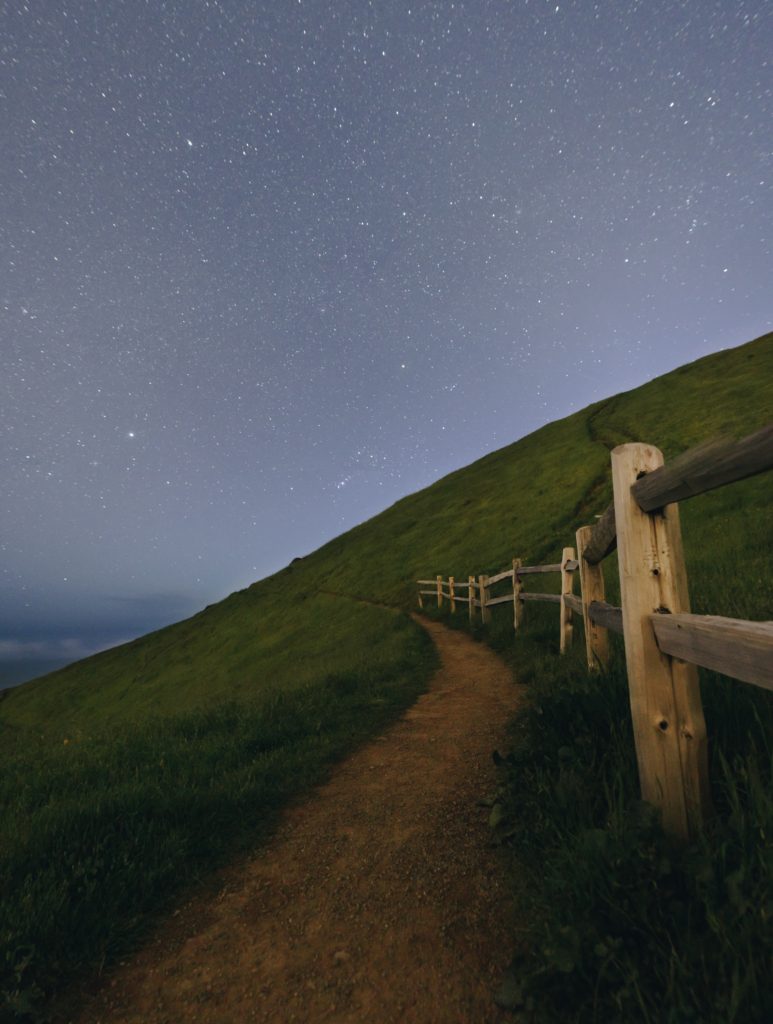
I have only just begun and though I suspect that this journey in creativity will have its obstacles and frustrations like any other travel adventure, I am curious to see where it will lead. Will I revisit and revise my teen novel? Start writing poetry again? Find an entirely new way of exploring my creative needs? I have no idea. But then, the joy of an adventure is not knowing where it will end.

